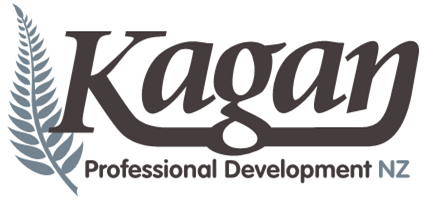
KAGAN STRUCTURES FOR SECONDARY ENGLISH
Full Engagement with Kagan Structures!
2 Day workshop
Be that unforgettable English teacher that students remember as the one who gave them skills for a lifetime!
It's easy and fun with Kagan Structures for secondary English.
Make each stage of the writing process more engaging and effective with interactive learning strategies.
Generate passion for reading while enhancing comprehension. Learn easy-to-use structures to boost higher-level thinking and communication skills.
Strengthen students' acquisition of vocabulary and grammar.
Release the power of Kagan Structures to accelerate students' ability to write, edit, and proofread.
This active workshop is loaded with practical management tips, resources, and Kagan Structures to enrich students' mastery of language arts.
Workshop Highlights
Take away powerful and proven Kagan Structures for English/Language arts
Learn key strategies to develop command of the conventions of standard English
Ensure all students participate effectively in a range of conversations
Use interactive instructional strategies to promote interaction with a diversity of classmates
Encourage a cooperative and supportive environment where students build on the ideas of others
Teach students to express their ideas clearly and persuasively
Provide students the opportunity to develop perspective and evaluate different points of view
With your attendance, you will receive:
Kagan Structures for Secondary English Workbook


